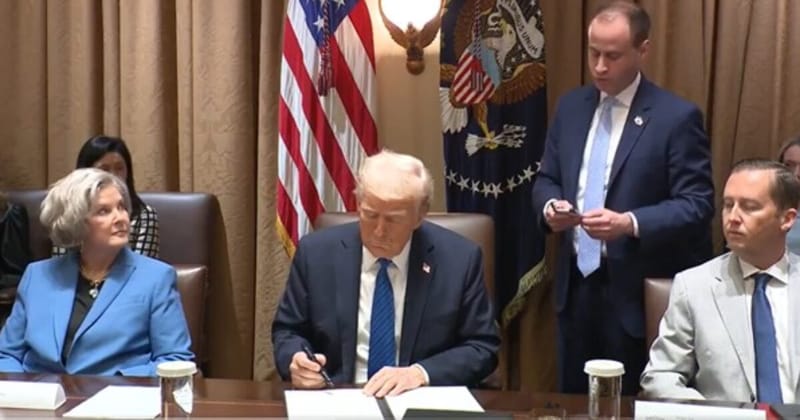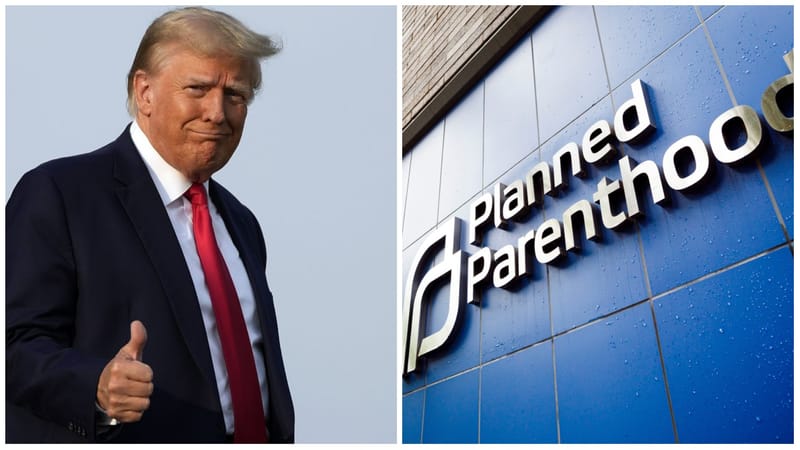Supreme Court to Hear Trump's Case on Presidential Immunity
The U.S. Supreme Court has agreed to hear former President Donald Trump's case regarding presidential immunity. The case revolves around whether a former president can be held accountable in civil and criminal court proceedings, particularly in relation to actions taken while in office. This decision has significant
The U.S. Supreme Court has agreed to hear former President Donald Trump's case regarding presidential immunity. The case revolves around whether a former president can be held accountable in civil and criminal court proceedings, particularly in relation to actions taken while in office. This decision has significant implications for the scope of executive power and the rule of law in the United States.
Background of the Case
The case stems from multiple legal battles Trump has faced, including investigations into his financial dealings and the operation of his business empire during his presidency. Trump has consistently argued that, as president, he is immune from prosecution and investigation. This assertion of immunity has been a point of contention, with critics arguing that it could set a dangerous precedent by effectively placing the president above the law.
Implications for Presidential Power
The Supreme Court's decision to review Trump's case raises fundamental questions about the limits of presidential immunity and the extent to which a former president can be subject to legal scrutiny. The outcome of this case could shape the future balance of power between the executive branch and the judicial system, with far-reaching consequences for the accountability of public officials.
Legal Precedents and Arguments
The issue of presidential immunity is not new to the courts. Past cases, such as United States v. Nixon and Clinton v. Jones, have touched upon the limits of executive privilege and immunity. Trump's legal team is expected to argue that subjecting a former president to legal actions could unduly burden the executive office and that such immunity is essential for the effective functioning of the presidency.
Conversely, those advocating for the removal of presidential immunity contend that it is essential for upholding the principle that no one, including the president, is above the law. They argue that allowing unchecked presidential immunity could erode the foundations of a democratic society and undermine the system of checks and balances.
Public and Political Response
The case has sparked widespread interest and debate across the political spectrum. Supporters of Trump argue that presidential immunity is crucial for protecting the executive branch from politically motivated legal actions, while critics assert that the principle of equal treatment under the law should apply to all, regardless of their position.




